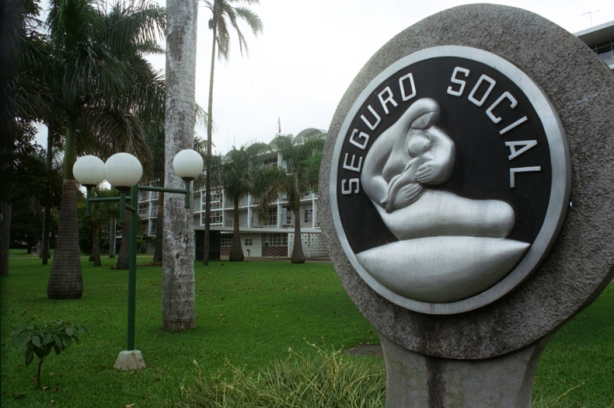 I explained, even though we pay our quota to the CAJA each month, we have always used the medical services of our friend and doctor in town to write prescriptions we have filled at the CAJA pharmacy. Since March we have avoided contact with the public as much as possible and we haven’t wanted to go to the CAJA pharmacy to fill prescriptions. We have been ordering our medications from a local pharmacy via WhatsApp (text message). This pharmacy provides a free delivery service. The CAJA representative explained they would be more than happy to fill the prescriptions for our regular medications and deliver them to our house monthly. She took down the names of all our medications and promised to set up an appointment by telephone with one of the doctors working at the local CAJA clinic. Today, she called back to confirm a doctor will contact us today, or tomorrow, to confirm our medications and submit the prescriptions to the CAJA pharmacy to be filled and delivered. She then proceeded to provide me with the phone numbers I can call to order refills in the coming months.
I explained, even though we pay our quota to the CAJA each month, we have always used the medical services of our friend and doctor in town to write prescriptions we have filled at the CAJA pharmacy. Since March we have avoided contact with the public as much as possible and we haven’t wanted to go to the CAJA pharmacy to fill prescriptions. We have been ordering our medications from a local pharmacy via WhatsApp (text message). This pharmacy provides a free delivery service. The CAJA representative explained they would be more than happy to fill the prescriptions for our regular medications and deliver them to our house monthly. She took down the names of all our medications and promised to set up an appointment by telephone with one of the doctors working at the local CAJA clinic. Today, she called back to confirm a doctor will contact us today, or tomorrow, to confirm our medications and submit the prescriptions to the CAJA pharmacy to be filled and delivered. She then proceeded to provide me with the phone numbers I can call to order refills in the coming months.Some folks complain about socialized medicine, but for us, we find the medical system so much better than what we had in the United States. Granted, elective medical services are not readily available and there is a waiting list, there are waiting periods to see some specialists, but overall healthcare and emergency services are great. Just last week we ventured out of the house long enough to get our seasonal flu vaccination at a venue set up by the local CAJA. Earlier this year, clinicians from the CAJA showed up at our door to take our temperatures, blood pressure, and administer Tetanus booster shots. The system works! ¡Pura Vida!
UPDATE 5/28: The doctor at the local clinic just called to reconfirm our regular medications. The prescriptions will be filled tomorrow and delivered to our door on Monday.
UPDATE 5/29: 30 days worth of medications were delivered at 10 AM. Each medication can be refilled twice.
UPDATE 6/1/20 Two clinicians from the local CAJA office came to check on us for symptoms of Dengue Fever (breakbone fever). They confirmed there is one reported case of Dengue in our neighborhood and she has recovered. Time to inspect the property again to eliminate any mosquito breeding grounds.
Universal Healthcare for all!
Read the whole story...
















